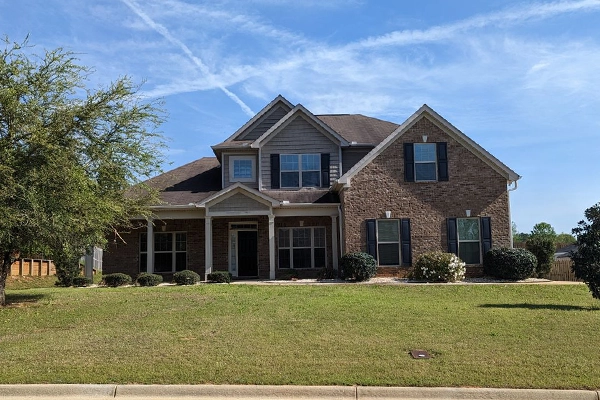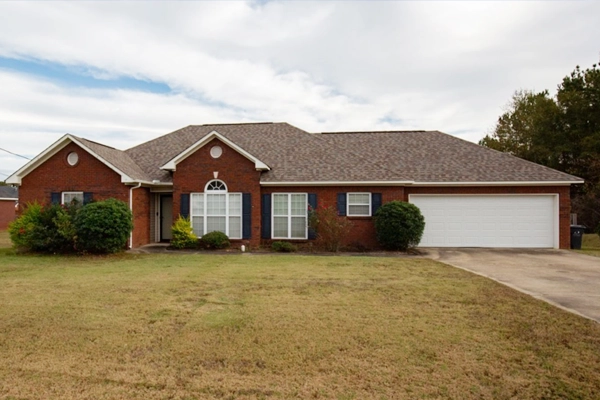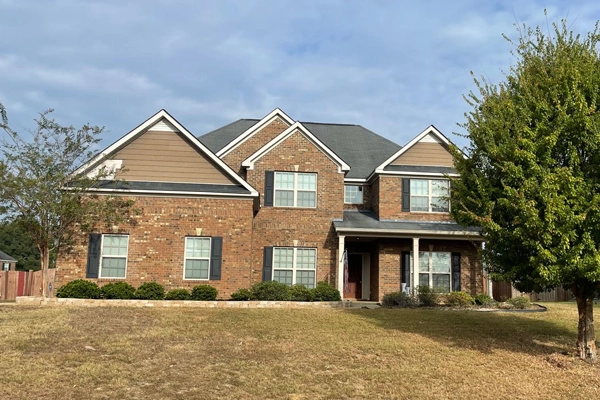
Maximize Your Return on Investment. Don’t leave money on the table. Get your free rental analysis. Get Estimate
How can landlords avoid being sued? If you’re a landlord, the last thing you want is a legal battle draining your time, energy, and income. But every year, I see well-meaning property owners get hit with lawsuits, most of which could’ve been easily avoided. Whether you manage one rental or a dozen, protecting yourself starts with avoiding the three biggest legal traps I see landlords fall into.
Let me give you a quick story. A landlord I worked with thought they were doing everything right, until they skipped a routine inspection. Just one oversight, but that slip-up turned into a $15,000 lawsuit from a tenant over unsafe living conditions. It didn’t need to happen. And unfortunately, this isn’t rare.
So, how do you stay out of court and keep your investment safe? Start by avoiding these three costly mistakes.
1. Skipping tenant screening. Letting someone move in without proper screening is one of the fastest ways to invite trouble. Tenants with eviction histories, criminal backgrounds, or fake income documents can quickly stop paying rent, damage your property, or even sue you for negligence if something goes wrong. Courts have ruled against landlords who didn’t do their due diligence. It’s not just about lost rent; it’s potential liability. Always remember that tenant screening isn’t optional; it’s your first line of defense.
Here’s what you need to do before accepting tenants:
• Always run credit and eviction reports.
• Verify income through real documentation.
• Speak to former landlords (not just the current one).
• Document everything to protect against discrimination claims.
2. Using a generic lease. If your lease is something you downloaded off the internet years ago, you’re playing with fire. A weak lease can fail you when you need it most, like in eviction court or when trying to recover damages. I’ve seen landlords lose thousands because their lease didn’t include key clauses like late rent penalties, tenant-caused damage, or proper security deposit terms.
Avoid that risk by using a lease that includes:
• Clear responsibilities for repairs (e.g., tenants pay for clogs caused by misuse)
• State-compliant security deposit language
• Built-in fees for early lease termination
•A strong lease does more than outline rules—it protects your rights.
3. Ignoring maintenance requests. Delaying repairs isn’t just poor service—it’s a lawsuit waiting to happen. Tenants can sue for uninhabitable conditions, rent refunds, moving costs, and even emotional distress. If the court calls it “constructive eviction,” you could be on the hook for their relocation. While maintenance can be a headache, always keep in mind that preventive maintenance isn’t just an added expense; it’s legal protection.
Here are four tips you can follow when getting maintenance requests:
• Respond to every repair request within 24 hours.
• Confirm everything in writing.
• Keep photo and invoice records of all repairs.
• Schedule regular inspections to stay ahead of issues.
Want peace of mind and fewer surprises? Our property management team handles all of this—tenant screening, rock-solid leases, and reliable maintenance—so you don’t have to.
One simple mistake can open the door to a lawsuit, so don’t wait until it’s too late. Follow these steps or call, text, or email me to schedule a free consultation today. Let’s keep your rental income protected and your properties lawsuit-free.
-
Maximize Your Return on Investment. Don’t leave money on the table. Get your free rental analysis. Get Estimate
-
Realtor Referral Program. We pay on referrals, take care of your client, and send them back to you when they get ready to sell. Refer Now
-
Free Property Management Newsletter. Get our latest Q&A, insights, and market updates to make smarter decisions. Subscribe Now








